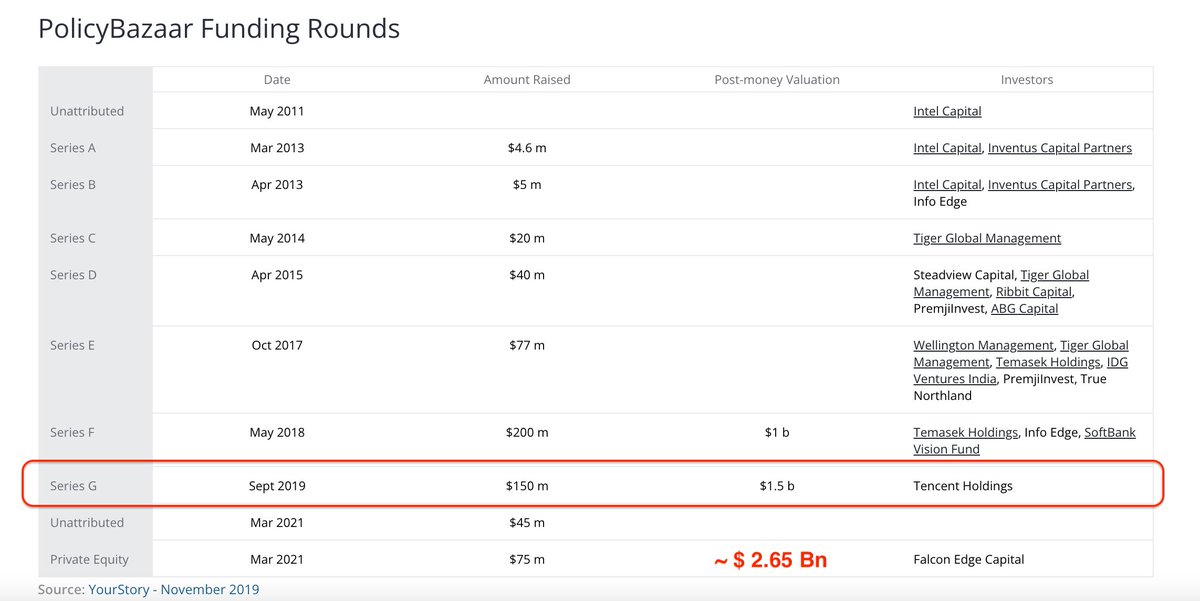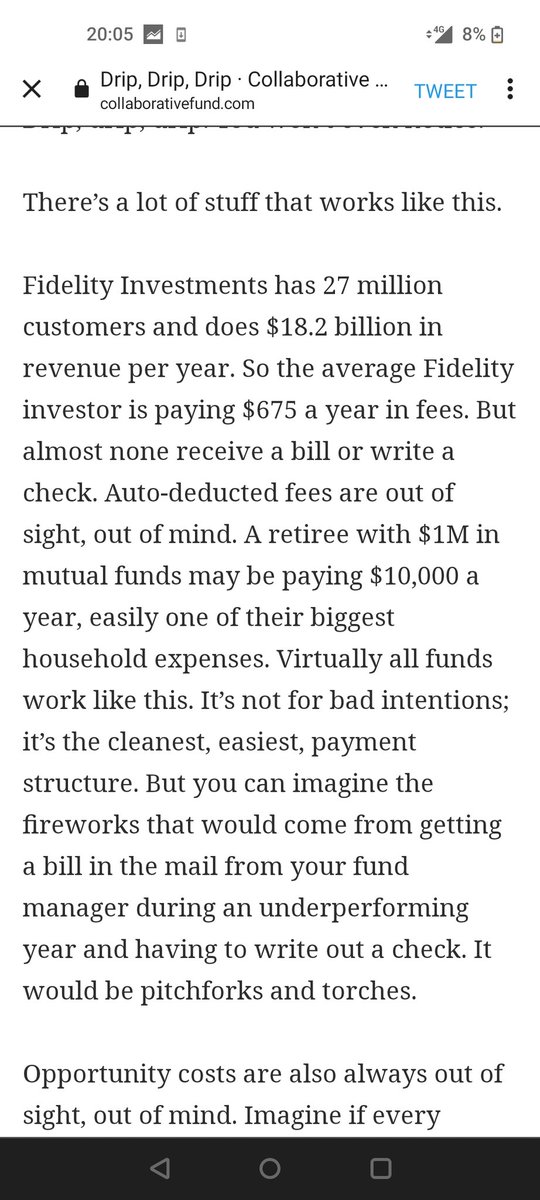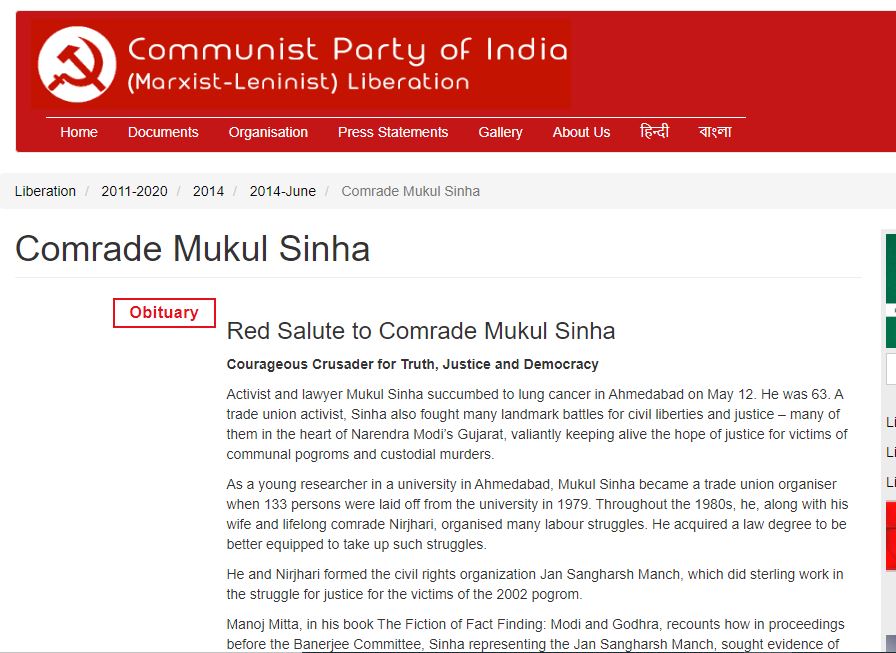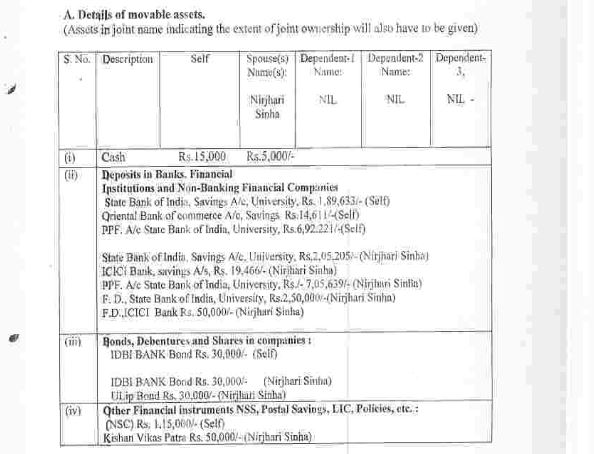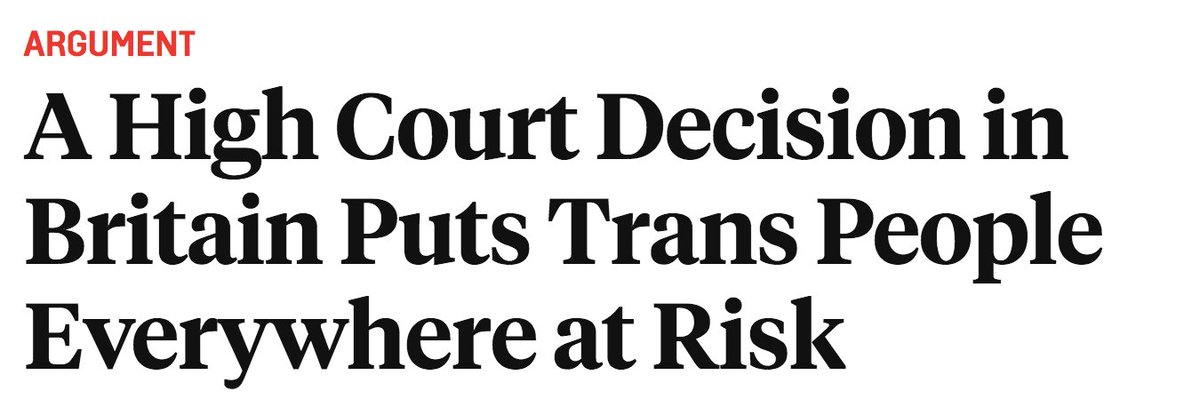1/20 Q. “What are the best and worst things about being a CEO?”
A. “If you don’t like working 24/7 7 days a week, this job is not for you; also, it’s a little bit of being a school teacher, meaning like, you know, I have 150 employees, the company I ran
More from Business
A solo media founder like Rogan or Mr Beast can make as much money as a strong tech founder, with significantly less managerial stress.
Tech created this ecosystem but there’s a historical cultural bias in tech towards media as unprofitable. That changed a long time ago.
Many more angels that invest in people will invest in media founders. Many traditional media people will *become* media founders.
But not necessarily big companies. Just solo individuals or small groups doing content, like Notch doing Minecraft. Because media scales like code.
Increasingly feeling like “keeping the team size as small as possible, even to one person” is the unarticulated key to making media profitable.
Substack and all the creator tools are just the start of this ecosystem.
The process of converting social influencers into media founders (a trend that has been going on for 10+ years at this point) will be increasingly streamlined.
V1 is link-in-bio, Substack, and sponcon.
V2 likely involves more angels & tokenization a la @tryrollhq. What else?
Why lack of awareness? Influencer monetization numbers are not as public as tech numbers.
There isn’t a TechCrunch & CrunchBase for media founders, chronicling the valuations of influencers.
But that’d be quite valuable. If you are interested in doing this, please DM with demo.
Tech created this ecosystem but there’s a historical cultural bias in tech towards media as unprofitable. That changed a long time ago.
Many more angels that invest in people will invest in media founders. Many traditional media people will *become* media founders.
But not necessarily big companies. Just solo individuals or small groups doing content, like Notch doing Minecraft. Because media scales like code.
Increasingly feeling like “keeping the team size as small as possible, even to one person” is the unarticulated key to making media profitable.
Substack and all the creator tools are just the start of this ecosystem.
Useful concept: the media stack for content creators
— balajis.com (@balajis) January 20, 2020
- Spotify, iTunes for podcasts
- Descript for podcast editing
- Figma, Canva for graphics
- YouTube for video
- Twitter, FB for distribution
- Substack for newsletters
- Makerpad for nocode
- Ghost, Medium for blog
What else?
The process of converting social influencers into media founders (a trend that has been going on for 10+ years at this point) will be increasingly streamlined.
V1 is link-in-bio, Substack, and sponcon.
V2 likely involves more angels & tokenization a la @tryrollhq. What else?
Why lack of awareness? Influencer monetization numbers are not as public as tech numbers.
There isn’t a TechCrunch & CrunchBase for media founders, chronicling the valuations of influencers.
But that’d be quite valuable. If you are interested in doing this, please DM with demo.
Facebook originally a CIA program called "LifeLog".
LifeLog, via DARPA, terminated on Feb 4th, 2004.
Facebook was launched on Feb 4th, 2004.
Many of the LifeLog team became execs at FB.
Zuckerberg is a figurehead.
CIA allowed Cambridge to help Trump win
https://t.co/enzOXDCogV

Pentagon Kills LifeLog
LifeLog, via DARPA, terminated on Feb 4th, 2004.
Facebook was launched on Feb 4th, 2004.
Many of the LifeLog team became execs at FB.
Zuckerberg is a figurehead.
CIA allowed Cambridge to help Trump win
https://t.co/enzOXDCogV

Project: Lifelog
— Robert Horan (@Robby12692) December 13, 2018
Started by DARPA in 1999, the goal of Lifelog was to create a database on civilians without their knowledge, and track everything they do.
The project "ended" on Feb 4th, 2004.
Facebook began the exact same day.
The CIA funneled tens of millions into Facebook. pic.twitter.com/r7hwF0v9kh
Pentagon Kills LifeLog
You May Also Like
THE MEANING, SIGNIFICANCE AND HISTORY OF SWASTIK
The Swastik is a geometrical figure and an ancient religious icon. Swastik has been Sanatan Dharma’s symbol of auspiciousness – mangalya since time immemorial.

The name swastika comes from Sanskrit (Devanagari: स्वस्तिक, pronounced: swastik) &denotes “conducive to wellbeing or auspicious”.
The word Swastik has a definite etymological origin in Sanskrit. It is derived from the roots su – meaning “well or auspicious” & as meaning “being”.

"सु अस्ति येन तत स्वस्तिकं"
Swastik is de symbol through which everything auspicios occurs
Scholars believe word’s origin in Vedas,known as Swasti mantra;
"🕉स्वस्ति ना इन्द्रो वृधश्रवाहा
स्वस्ति ना पूषा विश्ववेदाहा
स्वस्तिनास्तरक्ष्यो अरिश्तनेमिही
स्वस्तिनो बृहस्पतिर्दधातु"

It translates to," O famed Indra, redeem us. O Pusha, the beholder of all knowledge, redeem us. Redeem us O Garudji, of limitless speed and O Bruhaspati, redeem us".
SWASTIK’s COSMIC ORIGIN
The Swastika represents the living creation in the whole Cosmos.
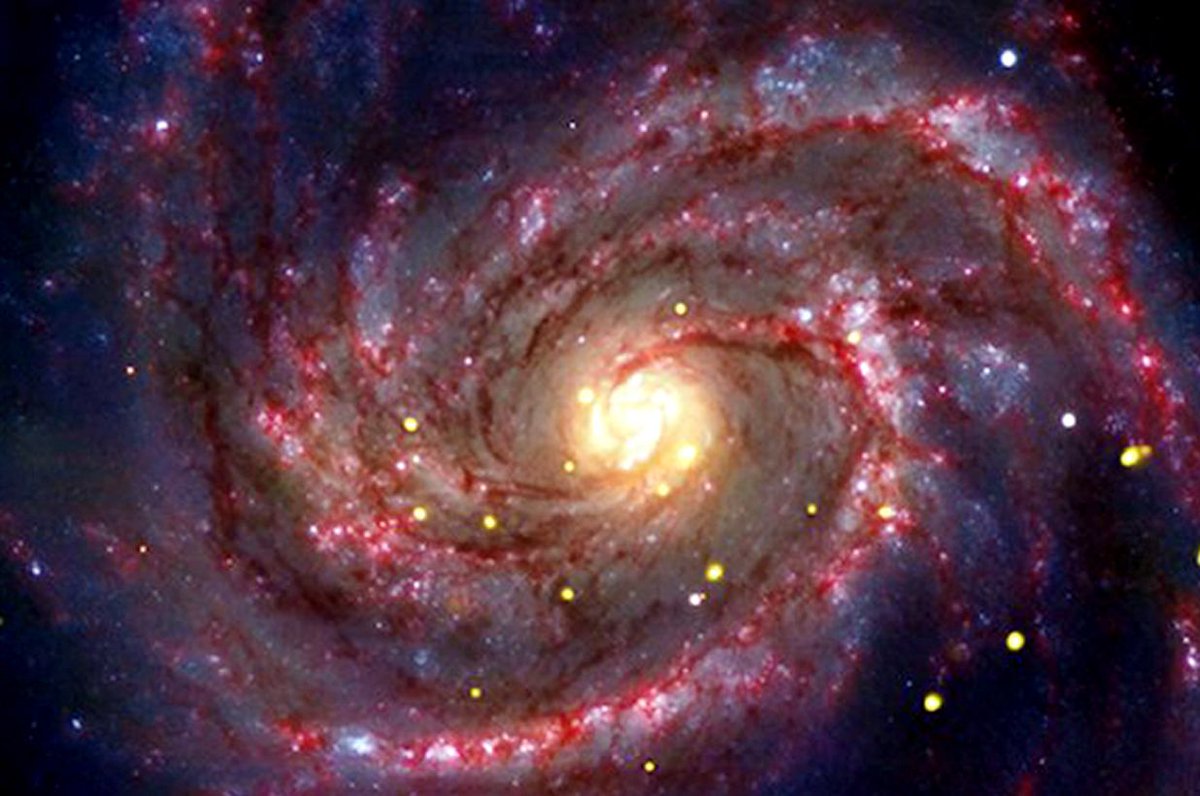
Hindu astronomers divide the ecliptic circle of cosmos in 27 divisions called https://t.co/sLeuV1R2eQ this manner a cross forms in 4 directions in the celestial sky. At centre of this cross is Dhruva(Polestar). In a line from Dhruva, the stars known as Saptarishi can be observed.
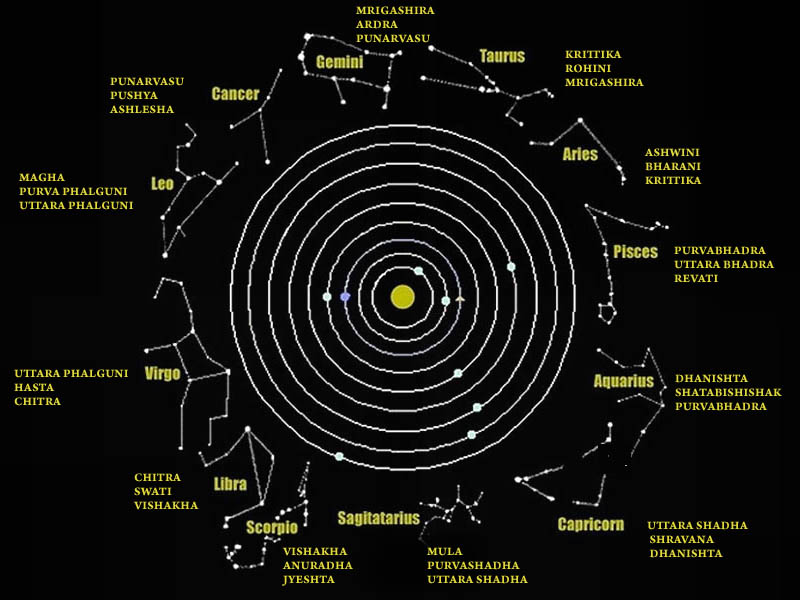
The Swastik is a geometrical figure and an ancient religious icon. Swastik has been Sanatan Dharma’s symbol of auspiciousness – mangalya since time immemorial.

The name swastika comes from Sanskrit (Devanagari: स्वस्तिक, pronounced: swastik) &denotes “conducive to wellbeing or auspicious”.
The word Swastik has a definite etymological origin in Sanskrit. It is derived from the roots su – meaning “well or auspicious” & as meaning “being”.

"सु अस्ति येन तत स्वस्तिकं"
Swastik is de symbol through which everything auspicios occurs
Scholars believe word’s origin in Vedas,known as Swasti mantra;
"🕉स्वस्ति ना इन्द्रो वृधश्रवाहा
स्वस्ति ना पूषा विश्ववेदाहा
स्वस्तिनास्तरक्ष्यो अरिश्तनेमिही
स्वस्तिनो बृहस्पतिर्दधातु"

It translates to," O famed Indra, redeem us. O Pusha, the beholder of all knowledge, redeem us. Redeem us O Garudji, of limitless speed and O Bruhaspati, redeem us".
SWASTIK’s COSMIC ORIGIN
The Swastika represents the living creation in the whole Cosmos.

Hindu astronomers divide the ecliptic circle of cosmos in 27 divisions called https://t.co/sLeuV1R2eQ this manner a cross forms in 4 directions in the celestial sky. At centre of this cross is Dhruva(Polestar). In a line from Dhruva, the stars known as Saptarishi can be observed.

Recently, the @CNIL issued a decision regarding the GDPR compliance of an unknown French adtech company named "Vectaury". It may seem like small fry, but the decision has potential wide-ranging impacts for Google, the IAB framework, and today's adtech. It's thread time! 👇
It's all in French, but if you're up for it you can read:
• Their blog post (lacks the most interesting details): https://t.co/PHkDcOT1hy
• Their high-level legal decision: https://t.co/hwpiEvjodt
• The full notification: https://t.co/QQB7rfynha
I've read it so you needn't!
Vectaury was collecting geolocation data in order to create profiles (eg. people who often go to this or that type of shop) so as to power ad targeting. They operate through embedded SDKs and ad bidding, making them invisible to users.
The @CNIL notes that profiling based off of geolocation presents particular risks since it reveals people's movements and habits. As risky, the processing requires consent — this will be the heart of their assessment.
Interesting point: they justify the decision in part because of how many people COULD be targeted in this way (rather than how many have — though they note that too). Because it's on a phone, and many have phones, it is considered large-scale processing no matter what.
It's all in French, but if you're up for it you can read:
• Their blog post (lacks the most interesting details): https://t.co/PHkDcOT1hy
• Their high-level legal decision: https://t.co/hwpiEvjodt
• The full notification: https://t.co/QQB7rfynha
I've read it so you needn't!
Vectaury was collecting geolocation data in order to create profiles (eg. people who often go to this or that type of shop) so as to power ad targeting. They operate through embedded SDKs and ad bidding, making them invisible to users.
The @CNIL notes that profiling based off of geolocation presents particular risks since it reveals people's movements and habits. As risky, the processing requires consent — this will be the heart of their assessment.
Interesting point: they justify the decision in part because of how many people COULD be targeted in this way (rather than how many have — though they note that too). Because it's on a phone, and many have phones, it is considered large-scale processing no matter what.




